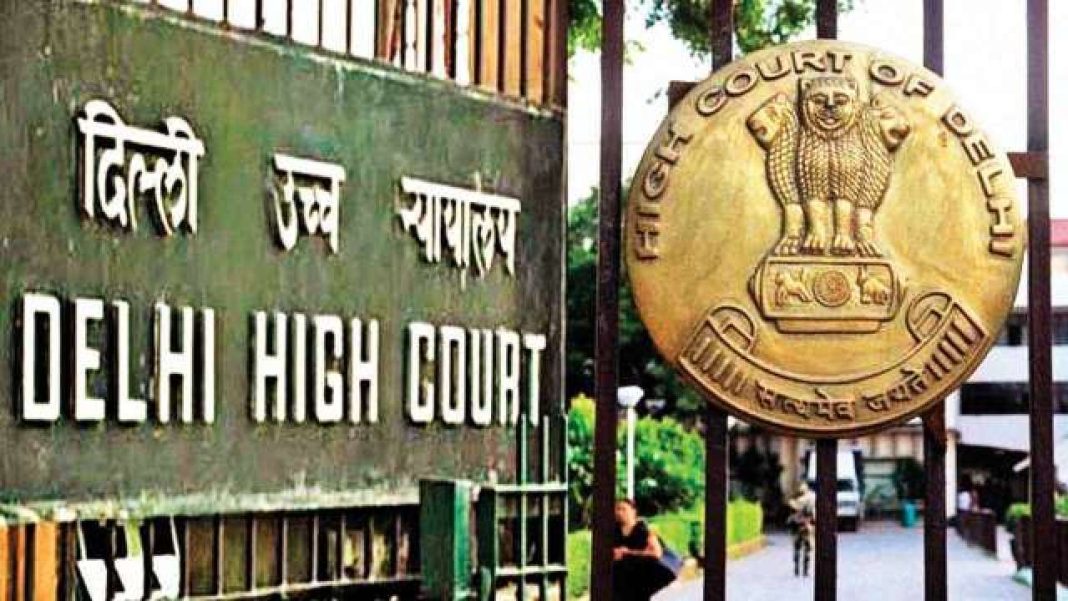The Delhi High Court while upholding changes made to the Adoption Rules issued under the Juvenile Justice (Care and Protection of Children) Act of 2015 which barred parents from adopting a ‘normal child’ if they already have two children said that right to adopt children is not a fundamental right.
Under the Rights of Persons with Disabilities Act a normal child is a child who is not suffering from any disability.
Justice Subramonium upheld the decision of the Steering Committee of Central Adoption Resource Authority (CARA) saying that those prospective adoptive parents (PAPs) whose applications were received and registrations done before the changes in law came into force, will not be able to adopt a normal child if they already have two children.
The Court said that the policy change has been brought to ensure that more and more children with special needs are adopted and, therefore, the decision to apply this policy even to already pending applications cannot be termed arbitrary.
“The long wait for prospective parents including those who are devoid of even one biological child must be seen in the backdrop of a grave mismatch between the number of normal children available for adoption and the number of PAPs in expectation of adopting a normal child. A balanced approach therefore ought to be welcomed which attempts to reduce the wait for parents with a single child or devoid of even that, in anticipation of adoption and the interests of the child while being matched with a family with lesser number of already existing biological children,” the Court said.
Justice Prasad held that the right to adopt can neither be raised to the status of a fundamental right under Article 21 (right to life and liberty) nor can it be raised to to a level which grants PAPs the right to demand their choice of who to adopt.
It concluded that Adoption Regulations 2022 are procedural in nature, retroactive and not retrospective.
“It is also concluded that at the pre-referral stage of adoption, no vested right towards the adoption of a normal child has accrued to the Petitioners retroactive,” Justice Prasad said.
The Court was dealing with a bunch of petitions filed by prospective parents having two children and wishing to adopt a third child. They had applied for adoption through CARA under Regulation 5(8) of the 2017 Adoption Regulations, identified as PAPs, allotted registration numbers and placed on the waiting list.
On September 23, 2022, the Adoption Rules, 2022 were notified by the Women and Child Development Ministry in suppression of the 2017 Regulations.
As per Section 5(8) of the 2017 law, couples with three or more children were not eligible to be considered for adoption except in cases of special needs children hard-to-place children or relative adoption by step-parents.
However, Section 5(7) of the new rules said that couples with two or more children can only opt for adoption of special needs children or hard-to-place children unless they are relatives or step-children.
On February 14, 2023, the Steering Committee of CARA decided that the changes will be applied retrospectively as an eligibility criterion even to those applications received and for registrations which were carried out prior to the passage of the Adoption Rules, 2022.
Among other issues raised by the parents, they contended that the retrospective application of the rules was arbitrary and in violation of Article 14 of the Constitution.
Justice Prasad considered the arguments and concluded that there was no right for PAPs to insist on the child whom they want to adopt.
It said that the 2022 law only brings a change in the eligibility criteria and because the parents’ right towards adoption are yet to be solidified within the mandate of the Juvenile Justice (Care and Protection of Children) Act, 2015, the new law cannot be termed as a retrospective application.
“This Court is not inclined to entertain the present writ petitions. Resultantly, the writ petitions are dismissed along with pending application(s), if any,” the Court finally ordered


